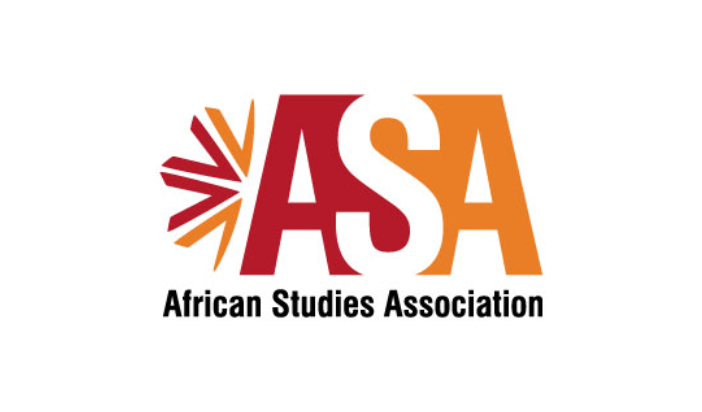The research project ‘A Socialist Workplace in Postcolonial Africa: A Connected History of the Yugoslav Workforce in Zambia’ aims to break new ground in labour history, development history, and critical race studies by connecting two domains that social history still separates, postcolonial Africa and state socialist Europe. As a founding member of the Non-Aligned Movement, socialist Yugoslavia stood between East and West, aligned neither with Soviet-style central economic planning nor the capitalist West, setting much stock in its economic, diplomatic, and cultural relationships with the Third World. Newly independent African countries like Zambia became Yugoslavia’ ‘s primary allies in the Global South. This study of Yugoslav companies’ workforces in Zambia explores everyday dimensions of Yugoslavia’ ‘s links with postcolonial African societies between the mid-1960s and 1991. It connects class, labour, and race into studies of the Yugoslav region’s ambiguous relationship to the Global South through the lens of social history.
This three-year project (2022-2025) led by Dr. Goran Musić received funding from the Austrian Science Fund (FWF) and it is based at the Research Platform for the Study of Transformations and Eastern Europe at the University of Vienna. The Research Platform builds on the already strong expertise on Eastern Europe at the University of Vienna but departs from this exclusive regional focus by embedding Eastern Europe in broader comparative and transnational frameworks. The Platform is dedicated to the profound historicization of transformation processes in order to provide a better understanding of contemporary political and economic developments that have their roots in recent and earlier transformations.
For more information on the project, see our website.
The research project is looking for a postdoc researcher with a background in social history of Southern Africa to join its team for the period of 30 months (40 hours per week), starting from 1st October 2022.
The applicant should be fluent in English and have experience in conducting and publishing qualitative research in Southern Africa (ideally Zambia).
Duties of the candidate include:
• Three months of fieldwork in Zambia
• Archival work, collection, and analysis of sources
• Conducting oral history interviews
• Participation in project publications and presentations
• Involvement in the organisation of meetings and conferences and supporting the administration of the research project
• Participation in the wider activities of the Research Platform for the Study of Transformations and Eastern Europe
Applicant’s Profile:
• PhD in history or related social science
• Interest in the history of labour, development, gender, and racial identities in Southern Africa from a transnational perspective and a track record of publishing work on this (commensurate to their career stage)
• Experience in the use of qualitative research methods in Southern Africa (ideally Zambia)
• Proficient speaking and writing skills in English language at the academic level (knowledge of German, Serbo-Croatian and languages spoken in Zambia is an asset)
• Ability to work effectively both as part of a team and independently
• Reliability, flexibility and dedication to quality research
To Apply:
Applications including a letter of motivation, academic Curriculum Vitae, a list of publications, degree certificates, and names and emails of two referees should be submitted via the University of Vienna Job Center (http://jobcenter.univie.ac.at) no later than 15.05.2022, mentioning reference number 12965.
Selected applicants will be invited for an interview (via Zoom) in late May, and selected candidate will be informed shortly afterwards.
The University of Vienna pursues a non-discriminatory employment policy and values equal opportunities, as well as diversity (http://diversity.univie.ac.at/). The University lays special emphasis on increasing the number of women in senior and in academic positions. Given equal qualifications, preference will be given to female applicants.
For further information and informal inquiries, please contact the PI Goran Musić: goran.music@univie.ac.at

